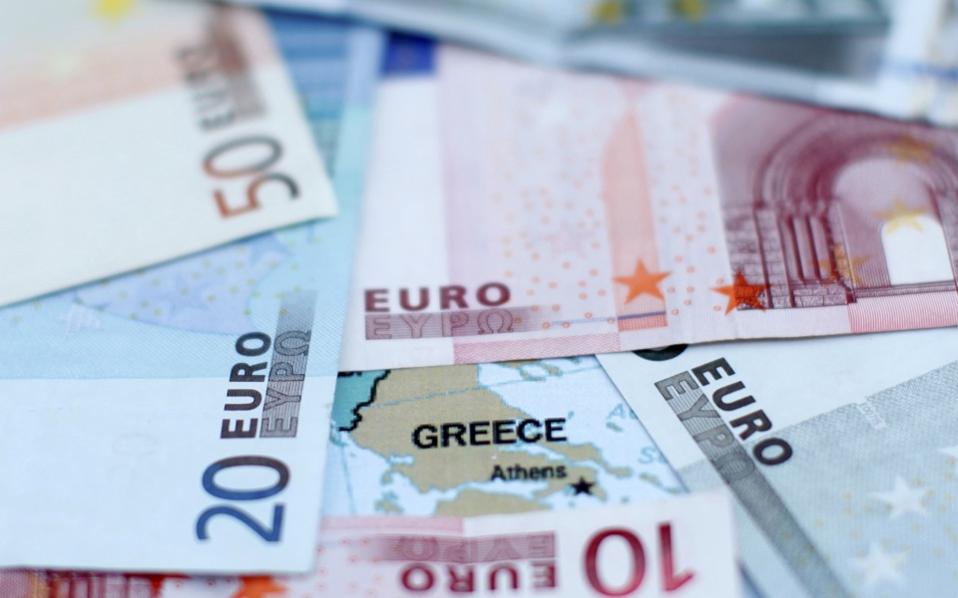Greek bond yields hit 2-1/2-year low after bailout breakthrough

Greek government borrowing costs hit their lowest since late 2014 on Tuesday after its government announced that it had agreed a deal on bailout reforms, paving the way for a disbursement of rescue funds.
Greece and its foreign creditors reached a deal early on Tuesday on a package of bailout-mandated reforms, Greek Finance Minister Euclid Tsakalotos said, a move that should unlock cash needed to repay upcoming debt obligations and avoid a default.
But analysts said yields were likely to remain well above eurozone peers until there is certainty over future debt relief and whether the International Monetary Fund will be involved in the third bailout.
"Greece has bought some time, but the IMF needs to be involved for a real breakthrough," said DZ Bank strategist Daniel Lenz.
"There is no breakthrough on the question of major debt relief for Greece, which would be a real trigger for market movement."
The yield on short-dated Greek government bonds fell 40 basis points to 6.09 percent while the 10-year fell 30 basis points to 6.18 percent, both at their lowest since October 2014.
Talks between Greece and its creditors have dragged on for half a year, mainly due to a rift between the EU and the IMF over fiscal targets.
The IMF believes more relief for Greece is needed for that country's debt profile to be sustainable.
The fall in Greek yields came against a backdrop of rising borrowing costs for most other eurozone countries as ECB governing council member Ewald Nowotny flagged a potential re-evaluation of the central bank's ultra-loose stance.
The European Central Bank will have to hold a discussion next month about its strategy for 2018 and the eventual exit from its ultra-easy monetary policy, Nowotny said in comments published on Tuesday.
Germany's 10-year government bond yields, the region's benchmark, rose 2 basis points to 0.34 percent, and most other high-rated government bond yields were up 1-2 bps.
Italian and Portuguese government bonds underperformed, rising 4-5 bps.
The lower-rated South European countries are seen as more sensitive to any tightening of monetary policy, as they have benefited most from the ECB's bond buying scheme.
Yields were also tracking a move in US government bonds overnight. US Treasury secretary Steven Mnuchin raised the prospect of selling ultra long-dated US. Treasuries with maturities above 30 years, pushing up that country's bond yields sharply.
"Yields are facing some upward pressure both because of the remarks from Mnuchin and also because there's some long-dated issuance [in Europe] this week," said ING strategist Martin van Vliet.
Germany, France and Spain are due to sell bonds this week with maturities of between 10 and 20 years.
[Reuters]





